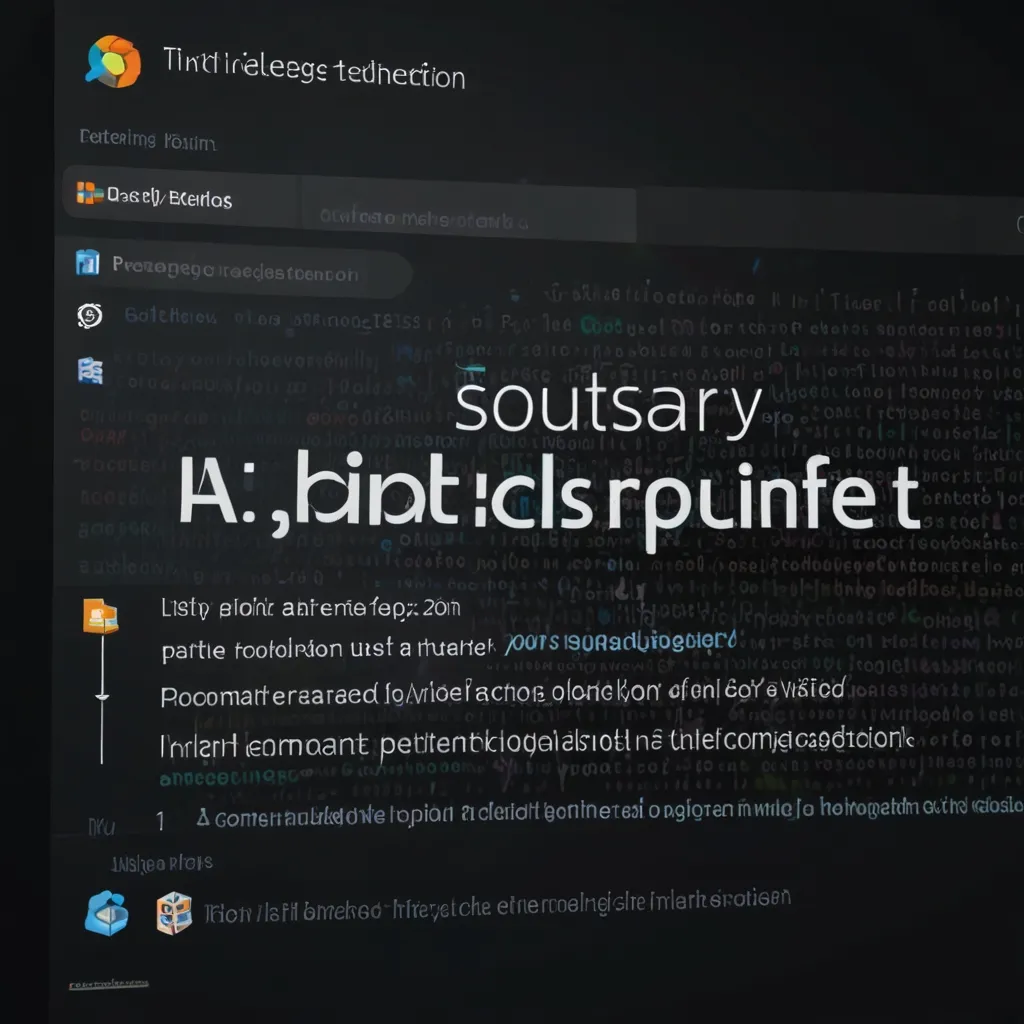Debugging often feels like navigating a dense forest without a map. I’ve spent countless hours staring at screens, only to realize that relying solely on print statements is like using a candle to explore a cave. There’s a better way. Structured debugging transforms this frustrating process into a systematic journey toward understanding.
The foundation lies in consistent problem reproduction. Start by documenting exact steps to trigger the issue. I recall a case where a payment API failed randomly—turned out it only happened when currencies had three-letter codes. Without precise reproduction, we’d never have caught that edge. Once reproducible, isolate variables through binary search. Split your system in half, test each segment, and repeat until you pinpoint the failure zone.
Modern debuggers offer features that feel like superpowers. Conditional breakpoints saved me recently when debugging an authentication flow. We only paused execution when specific conditions occurred:
# Django view with conditional breakpoint
def user_profile(request, user_id):
if user_id == 0: # Breakpoint condition: user_id == 0
logger.warning("Invalid zero ID")
profile = Profile.objects.get(id=user_id)
# Watchpoint on profile.last_login
return render(request, 'profile.html', {'profile': profile})
Watchpoints track variable mutations without constant breakpoint hopping. In the above code, setting a watchpoint on profile.last_login alerted us immediately when stale data appeared.
Diagnostic tools extend far beyond debuggers. Structured logging with severity levels (DEBUG, WARN, ERROR) provides timeline context. I now use OpenTelemetry for distributed tracing—it visualizes how requests traverse microservices. Memory profilers are indispensable too. Just last month, a heap snapshot revealed how our cache was holding references to discarded objects:
// Java memory leak detection
public class CacheManager {
private static Map<String, Object> cache = new WeakHashMap<>();
public void store(String key, Object value) {
// Heap snapshot showed strong references here
cache.put(key, value);
}
}
Different bugs require specialized tactics. For race conditions, I use deterministic replay tools like rr in C++. Heisenbugs (those vanishing when observed) demand low-impact logging—I’ve deployed lightweight eBPF probes to monitor production without overhead. Memory corruption? Address sanitizers inject guard zones around allocations to detect overflows.
My debugging notebook became invaluable over time. I record recurring patterns: “Error occurs on Tuesdays → cron job conflict” or “Fails at 10k requests → connection pool exhaustion”. Before investigating, I now hypothesize aloud: “If this fails only during batch processing, perhaps transaction timeouts are too short.”
Verifying fixes requires malice. After patching, I intentionally recreate failure conditions—changing system clocks, injecting network latency, or hammering APIs with malformed data. Happy-path testing gives false confidence.
Mastering these techniques yields compounding returns. What once took days now resolves in hours. More importantly, I understand systems at their bones—not just how they work, but how they break. That knowledge transforms debugging from a chore into a craft.






